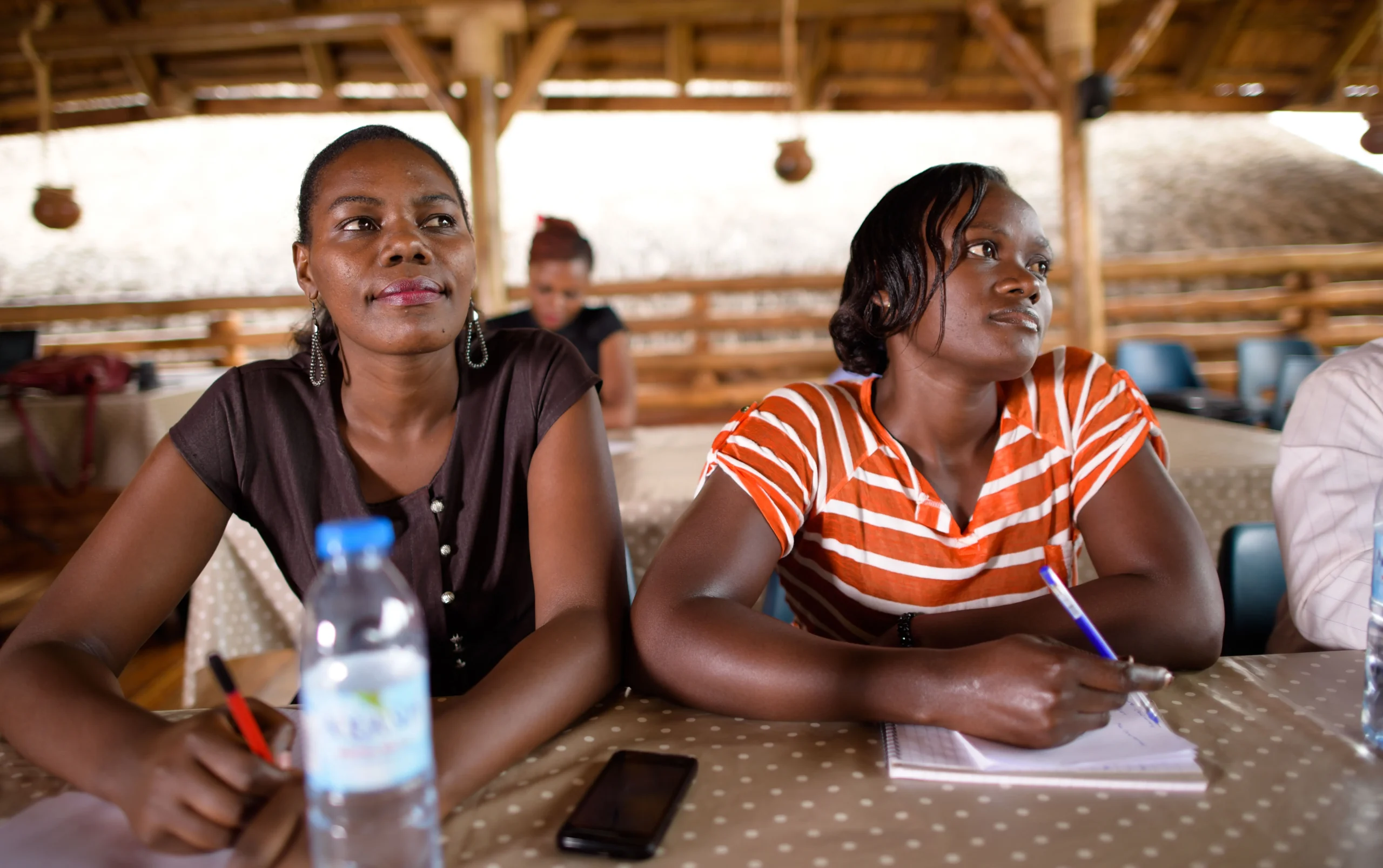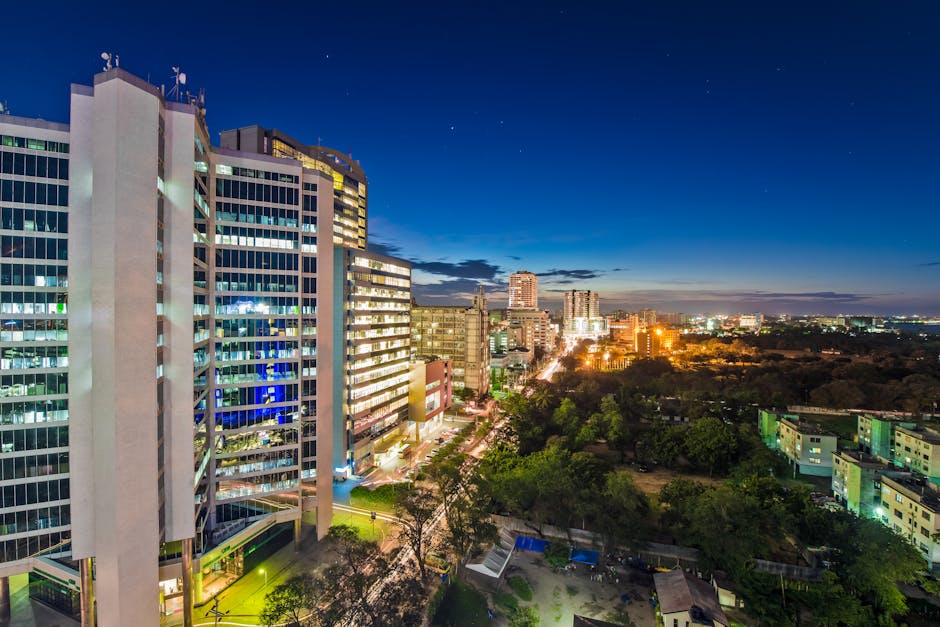The Infrastructure Gap: What’s Holding Back Business Scale in Africa?
Africa’s economic potential is immense, yet a persistent infrastructure deficit—spanning electricity, internet connectivity, and logistics—continues to impede business scalability across the continent. This article delves into the core challenges and explores regional disparities, highlighting the urgent need for strategic investments and policy reforms.
Electricity Access: Powering Economic Growth
Approximately 600 million people in sub-Saharan Africa lack access to electricity, representing over two-thirds of the global population without power. This energy shortfall hampers industrialization, limits digital adoption, and stifles economic development. (McKinsey & Company)
- East Africa: Initiatives like the Ethiopia-Kenya electricity highway, inaugurated in 2023, are enhancing regional energy connectivity, facilitating power trade, and stabilizing supply. (African Development Bank Group)
- West Africa: The World Bank’s recent investment program aims to bolster regional power system integration, enhancing energy security and advancing a sustainable power sector. (World Bank)
- Southern Africa: Despite being relatively developed, the region grapples with energy supply challenges, leading to unpredictable transport and logistics operations. (afd.fr)
Internet Connectivity: Bridging the Digital Divide
Digital infrastructure is critical for modern business operations, yet many African regions suffer from inadequate internet access.
- East Africa: Countries like Kenya have made strides in digital infrastructure, but rural areas still face connectivity issues.
- West Africa: The region contends with outdated ICT infrastructure, bandwidth constraints, and frequent power outages, hindering digital growth. (Agility)
- Southern Africa: While South Africa leads in digital infrastructure, challenges persist in extending reliable internet access to underserved communities. (trade.gov)
Logistics: The Backbone of Trade
Efficient logistics are essential for business scalability, yet infrastructural inadequacies pose significant obstacles.
- East Africa: The region benefits from major transit corridors like the Northern and Central Corridors, facilitating trade. However, maintenance and expansion are ongoing challenges. (East African Community)
- West Africa: Logistical inefficiencies, including poor road networks and limited tracking capabilities, impede the flow of goods, affecting SMEs and large enterprises alike.
- Southern Africa: South Africa’s logistics infrastructure, though advanced, suffers from operational challenges, including equipment shortages and maintenance issues, impacting freight rail and port services. (Reuters)
Investment and Policy Solutions
Addressing Africa’s infrastructure gap requires a multifaceted approach:
- Public-Private Partnerships (PPPs): Collaborations between governments and private entities can mobilize resources and expertise for infrastructure projects. (African Business)
- Development Finance Institutions (DFIs): Organizations like the African Development Bank play a pivotal role in financing infrastructure, offering concessional loans and technical support. (APRI)
- Policy Reforms: Streamlining regulations, enhancing transparency, and ensuring policy stability are crucial for attracting and retaining investment. (Wilson Center)
Regional Comparison: East vs. West vs. Southern Africa
| Region | Electricity Access | Internet Connectivity | Logistics Infrastructure |
| East Africa | Improving with regional projects | Advancing, yet rural gaps remain | Developing transit corridors |
| West Africa | Facing integration challenges | Struggling with outdated infrastructure | Hampered by inefficiencies |
| Southern Africa | Relatively developed but inconsistent | Leading in digital infrastructure | Advanced but operational issues persist |
Bridging Africa’s infrastructure gap is imperative for unlocking the continent’s full economic potential. Strategic investments, coupled with robust policy frameworks, can pave the way for sustainable growth and prosperity across the region.





